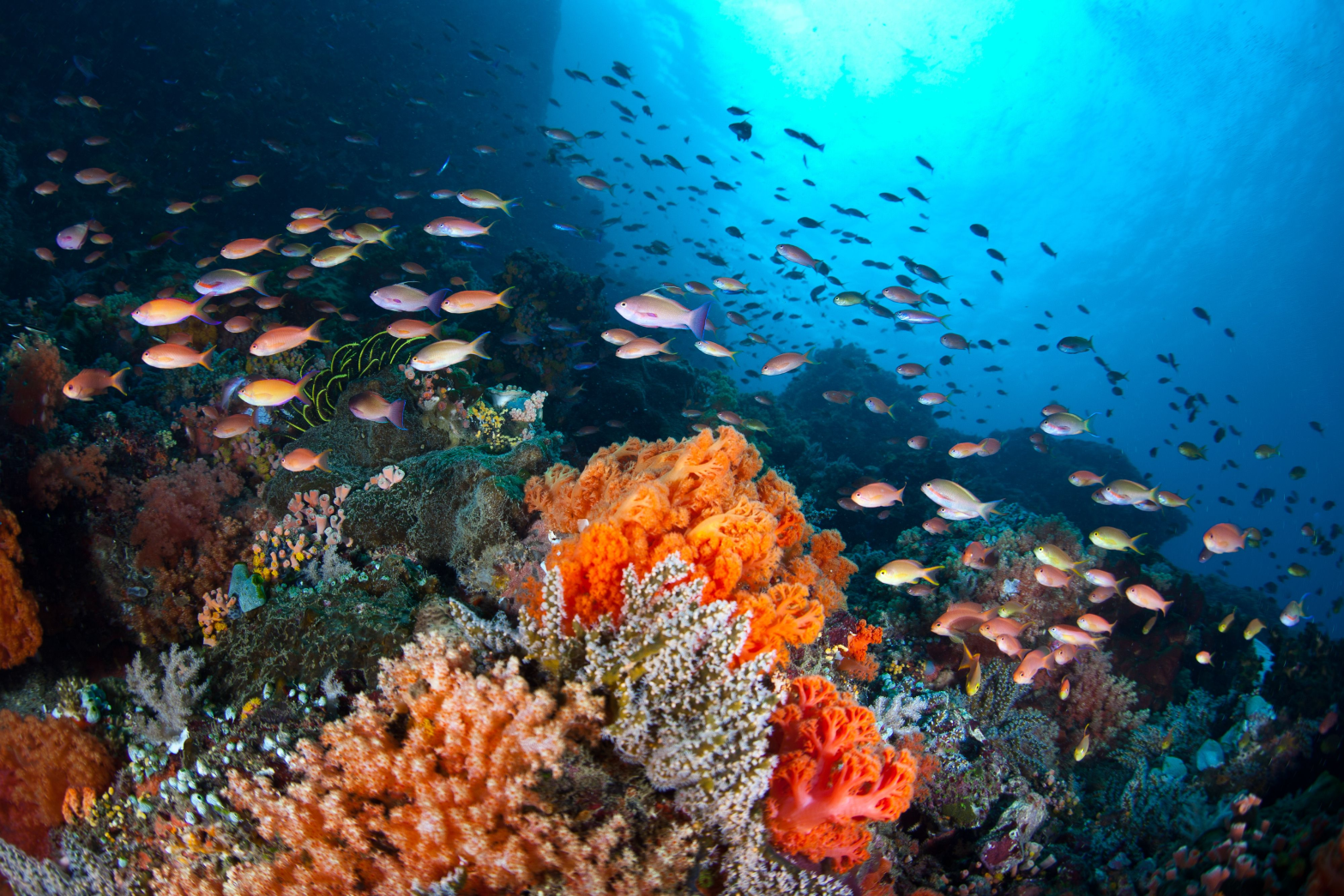Coral reefs provide a beautiful as well as crucial ecosystem for life underwater. Coral reefs act as ecosystem engineers, shaping their surroundings and influencing the entire ecosystem. If an ecosystem engineer disappears, the whole ecosystem may collapse. Coral reefs grow extremely slowly, consequently, it is vital to care for and protect these areas. It is estimated that some of the largest reefs took as long as 30 million years to form. There are different types of corals – some look like fans, trees, mushrooms, honeycombs and even brains. The largest coral reef in the world is the renowned Great Barrier Reef, visible even from outer space.
Coral reefs are the primary ecosystem engineers in our oceans who modify their landscape, provide homes for other species and influence the overall health of their environment. These reefs face threats from pollution, acidification and the effects of climate change, particularly the rising ocean temperature and the severity and frequency of tropical storms. The biodiversity of the rich coral reef ecosystem is threatened by these changes.
Coral reefs live in symbiosis with single-celled algae, which photosynthesise and use the energy of sunlight to make sugar from water and carbon dioxide. When the temperature rises it is very stressful for the corals, which may expel these symbiotic algae. This causes the coral to lose its vibrant colours. In a final, desperate attempt to survive, some coral starts glowing in fluorescent colours to lure the algae back – a glowing underwater garden is created.
